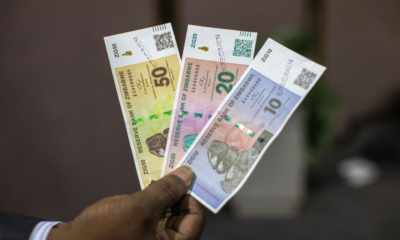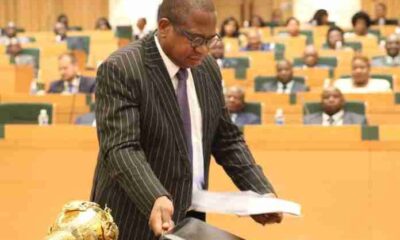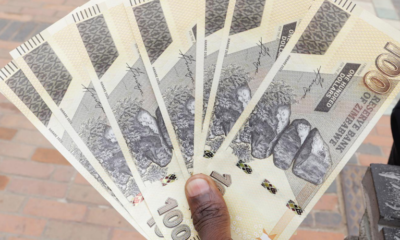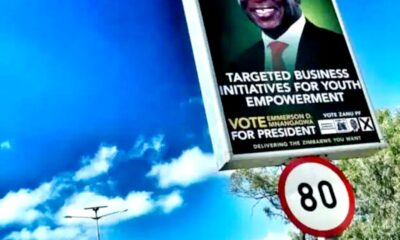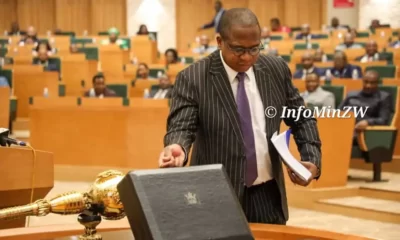…Govt’s approach to economic crisis worries citizens
…Resort to religious escapism, pledge to vote CCC
THE majority of Zimbabweans say the government has failed to address economic challenges, create jobs and ensure price stability, with a huge percentage saying they would vote for the opposition Citizens’ Coalition for Change (CCC) if elections are held now, a survey has revealed.
MOSES MATENGA
According to the survey by Afrobarometer, a pan-African, non-partisan, non-profit survey research network that provides reliable data on Africans’ experiences and evaluations of democracy, governance, and quality of life, the majority of Zimbabweans feel President Emmerson Mnangagwa’s government has fared “fairly badly” and “very badly” on key economic issues.
“About three in 10 citizens (29%) prioritise government action on infrastructure and roads. By large majorities, Zimbabweans say the government is performing “fairly badly” or “very badly” on key economic issues, including: Keeping prices stable (87%), creating jobs (86%), narrowing gaps between rich and poor (79%),” the reports reads.
Mnangagwa came into power amid promises of millions of jobs, currency stability and instituting pro-poor policies, but four years on, the country’s unemployment rate is over 90%, with the poor bearing the brunt of a failing economy and currency instability.
It also emerged that Zimbabweans are not happy about their socio-economic circumstances and want bread-and-butter issues to be addressed with urgency.
“Management of the economy (cited by 45% of respondents) and unemployment (43%) are the most important problems that Zimbabweans want their government to address. “Citizens lack faith in government institutions and view some of them as corrupt,” the survey reads.
The survey also revealed that Zimbabweans have lost trust in elected leaders, institutions and public figures and have resorted to trusting religious leaders.
“More Zimbabweans express trust in religious leaders than in their elected leaders, the military, or the police,” the survey reads.
The survey also revealed that while more rural residents than urbanites express trust in Mnangagwa, trust in opposition political parties (48%) is somewhat stronger than trust in the ruling party (44%).
On the approval rate of elected officials, the survey said about half (49%) of citizens disapprove of the performance of the President and the disapproval of the President’s job performance was most pronounced among poor citizens. Despite lack of faith in the Zimbabwe Electoral Commission, citizens believe that elections enable them to remove underperforming leaders.
The survey data show that two political parties dominate the country’s political landscape. When asked which party’s candidate they would vote for should imaginary elections be held tomorrow, 33% said they would vote for CCC and 30% for Zanu PF.
The Afrobarometer survey was conducted by the institution’s partner in Zimbabwe, the Mass Public Opinion Institute.


